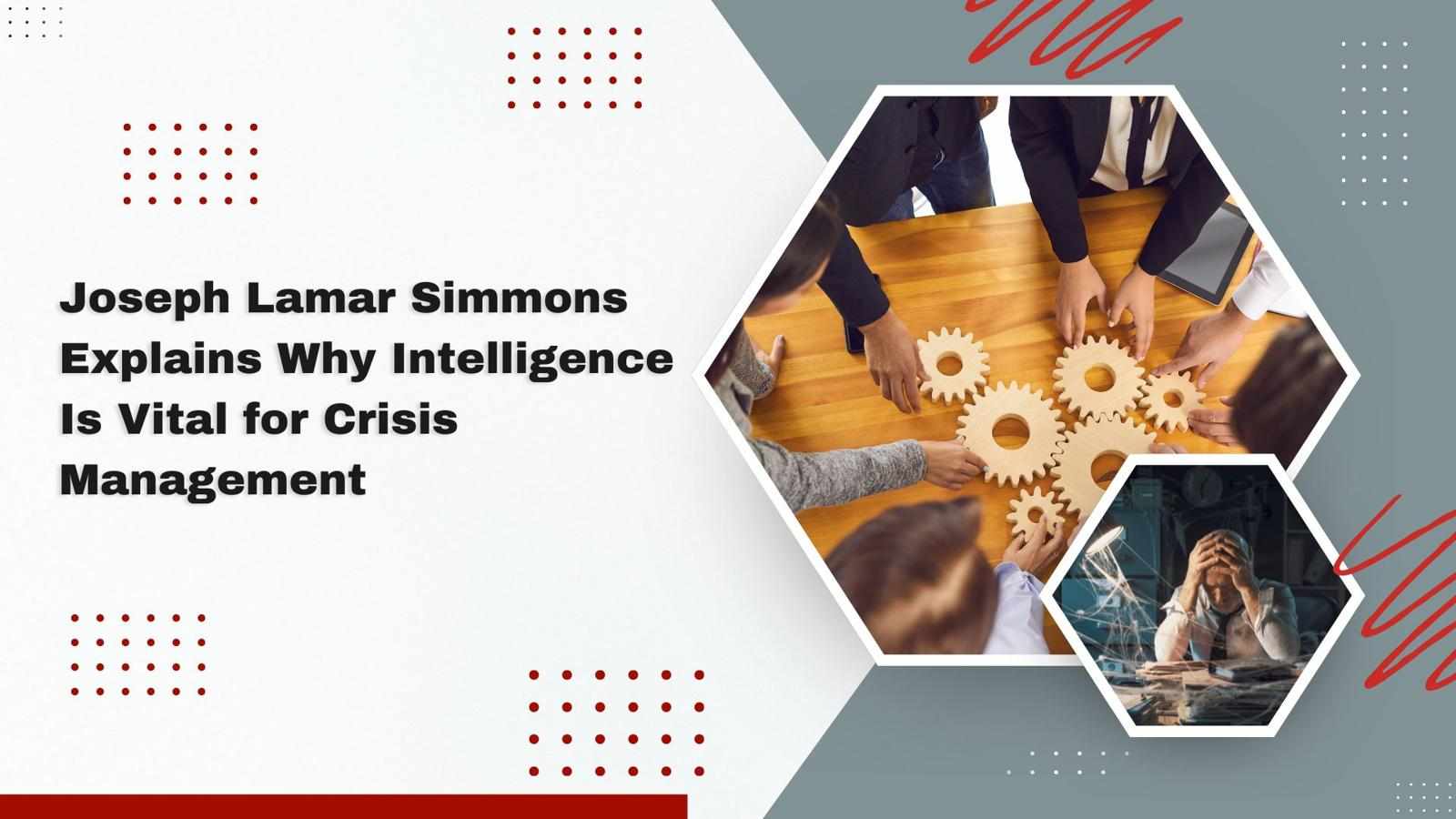
In today’s unpredictable world, one thing is certain—crisis can strike at any moment. Whether it’s a cyberattack, a natural disaster, or a geopolitical event, the speed and quality of your response can change everything. I’m Joseph Lamar Simmons, a Defense Intelligence Officer, and I’ve seen firsthand how powerful intelligence can be in shaping outcomes during high-pressure moments. In this blog, I’ll share why intelligence is not just helpful—but essential—for effective crisis management.
What Intelligence Really Means in a Crisis
Many people think of intelligence as just gathering data or tracking enemies. But it’s much more than that. Real intelligence is about understanding context, anticipating threats, and guiding smart decisions. It’s the tool that transforms uncertainty into clear action.
During a crisis, time is limited. Emotions run high. You can’t afford to guess. You need facts. You need patterns. You need insight. That’s where intelligence steps in—and that’s where I’ve built my career.
My Journey in Defense Intelligence
As a Defense Intelligence Officer, I’ve worked closely with security agencies, military planners, and policymakers. My job has always been about connecting dots before others even see them. I focus on gathering reliable information, analyzing it quickly, and delivering it to the right people at the right time.
I’ve led teams during real-world emergencies. I’ve seen how early warning signs—when properly understood—can help prevent damage, save resources, and even protect lives. That’s why I advocate for intelligence-driven crisis planning at every level of government and industry.
Why Intelligence Makes the Difference
Here are a few key reasons why intelligence is vital when things go wrong:
1. It Gives You a Head Start
Intelligence lets you detect threats early—before they hit. This allows leaders to act quickly and prevent escalation.
2. It Builds Confidence During Chaos
When everyone else is unsure, intelligence provides clarity. It gives decision-makers confidence to move forward without hesitation.
3. It Tells the Whole Story
Crises are rarely simple. Intelligence helps uncover hidden factors—like cyber threats, misinformation, or foreign involvement—that others might miss.
4. It Improves Communication
Good intelligence doesn’t just stay behind closed doors. It helps leaders communicate more clearly with the public and with their teams during a crisis.
How I Use Intelligence to Guide Crisis Response
Throughout my career, I’ve used a mix of traditional analysis, technology, and human instinct to navigate emergencies. Here’s my approach:
Anticipate patterns by tracking behavior, not just events.
Rely on verified sources and challenge information that doesn’t align.
Collaborate across agencies to ensure everyone has a full view of the situation.
Stay flexible. Intelligence is about adapting as new facts emerge.
Whether it's a national-level emergency or a regional conflict, my goal remains the same: to ensure decision-makers are never in the dark.
Final Thoughts: Intelligence Is Leadership
The truth is, intelligence isn’t just a tool—it’s a mindset. In every crisis, leaders who rely on solid information, not emotion, are the ones who guide their teams through.
I’m Joseph Lamar Simmons, and I believe that smart intelligence work can reduce chaos, save lives, and shape a safer world. My mission is to help organizations prepare before disaster strikes—and respond wisely when it does.
If you're building a crisis management strategy, don’t wait until something goes wrong. Invest in intelligence. Train your team. Stay ahead. It’s the best decision you’ll ever make in uncertain times.
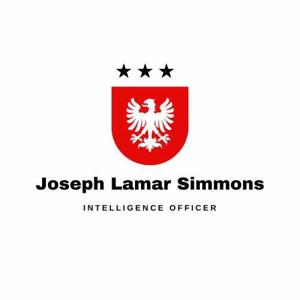
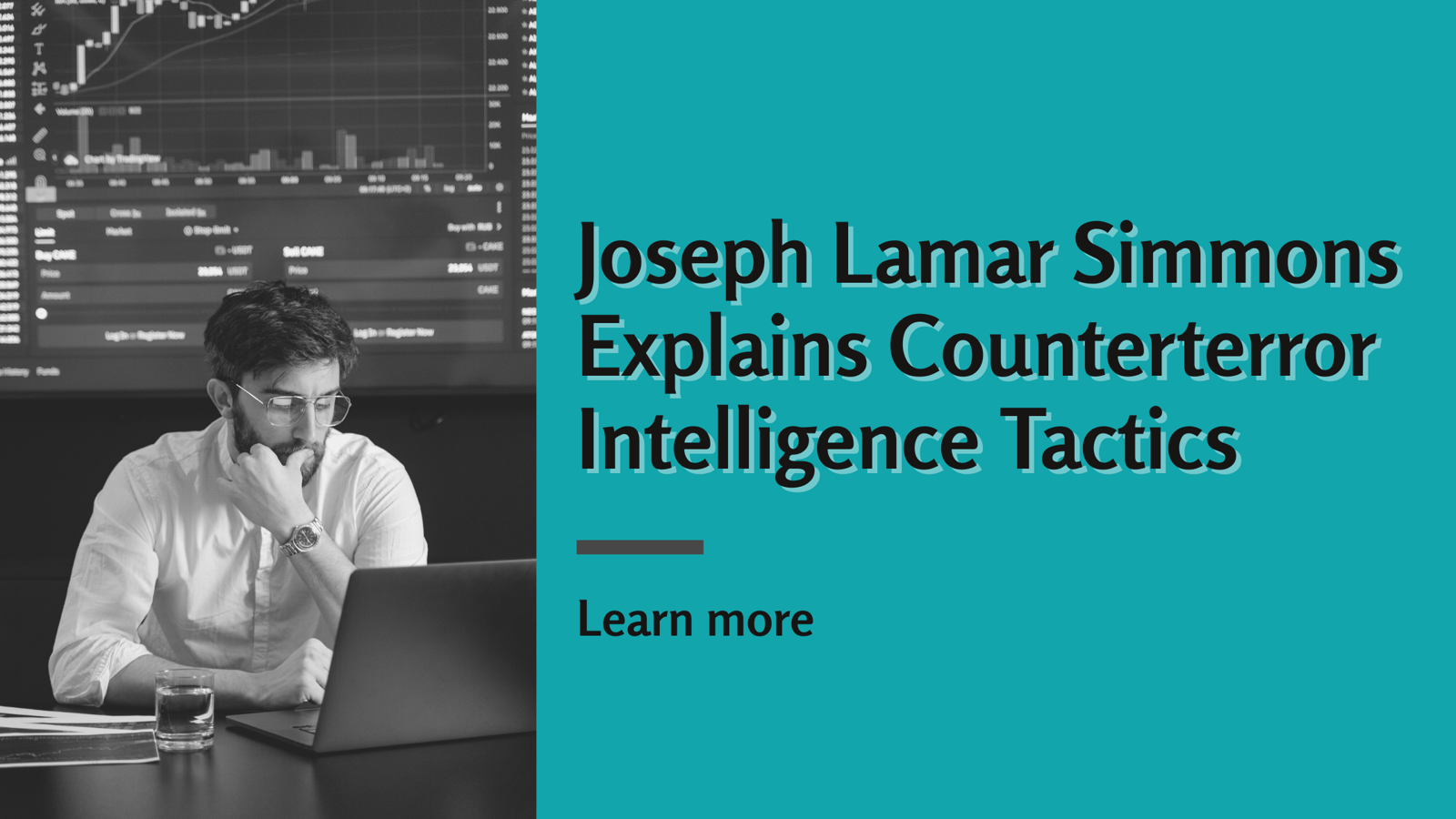
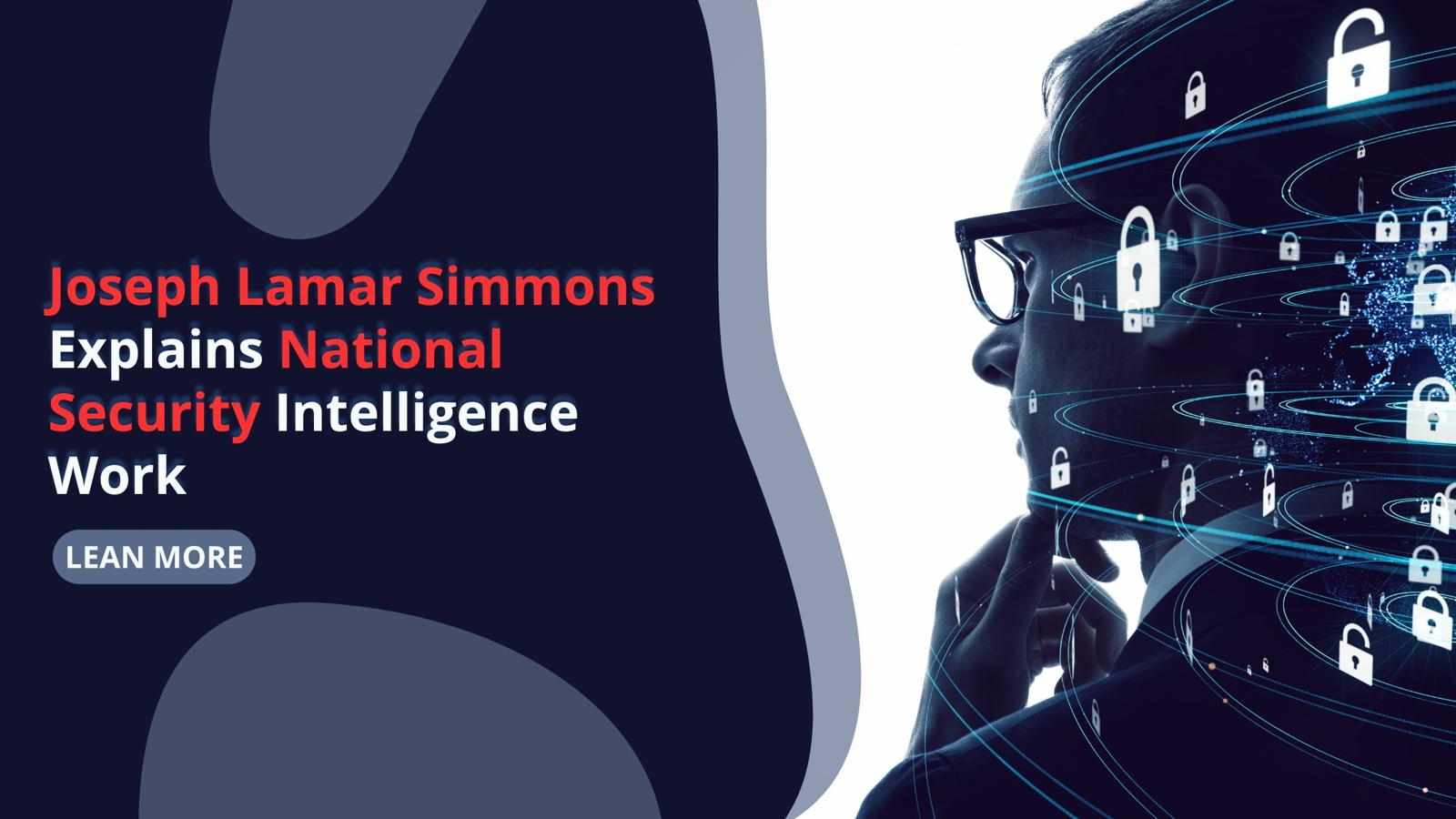
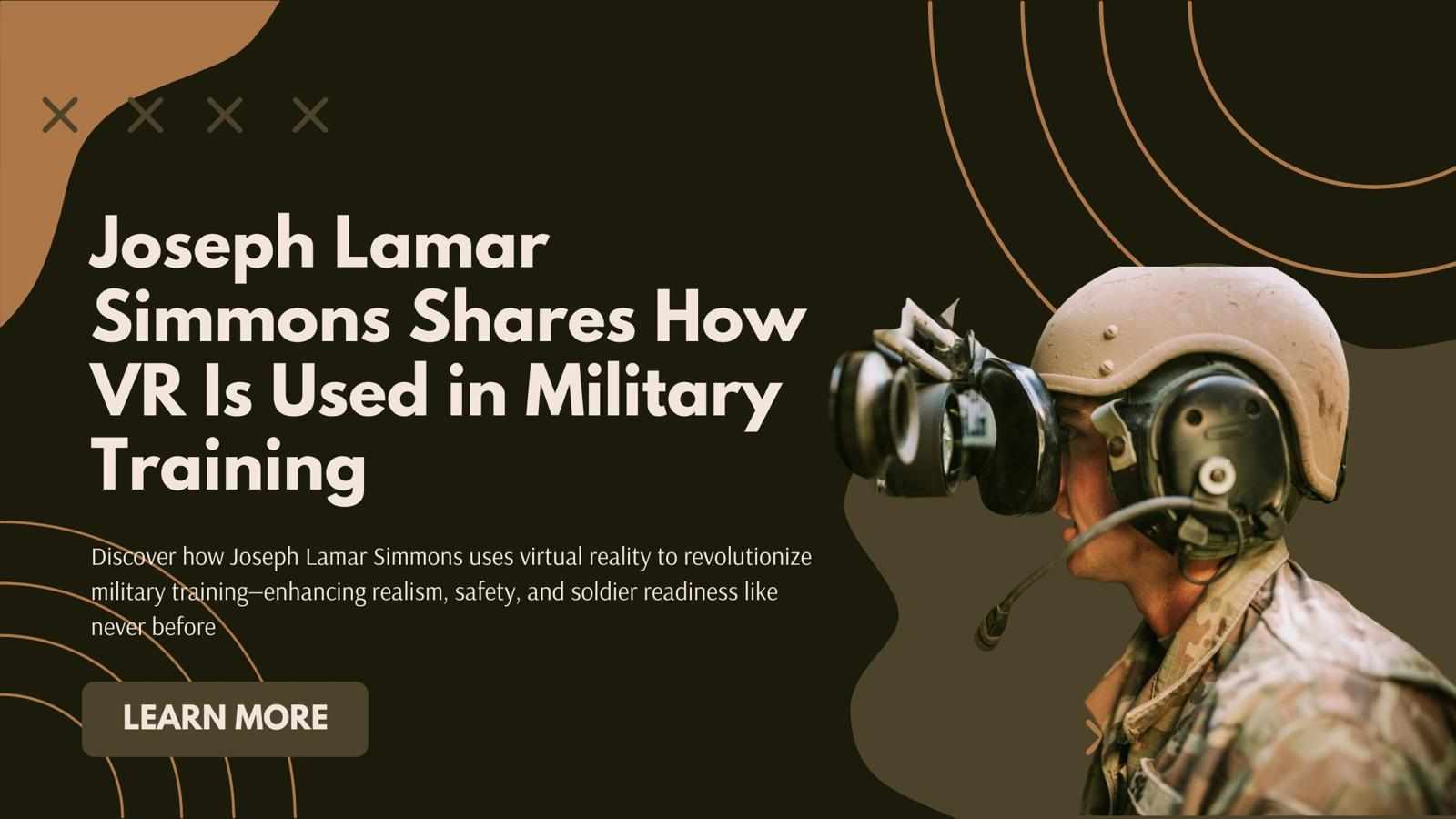
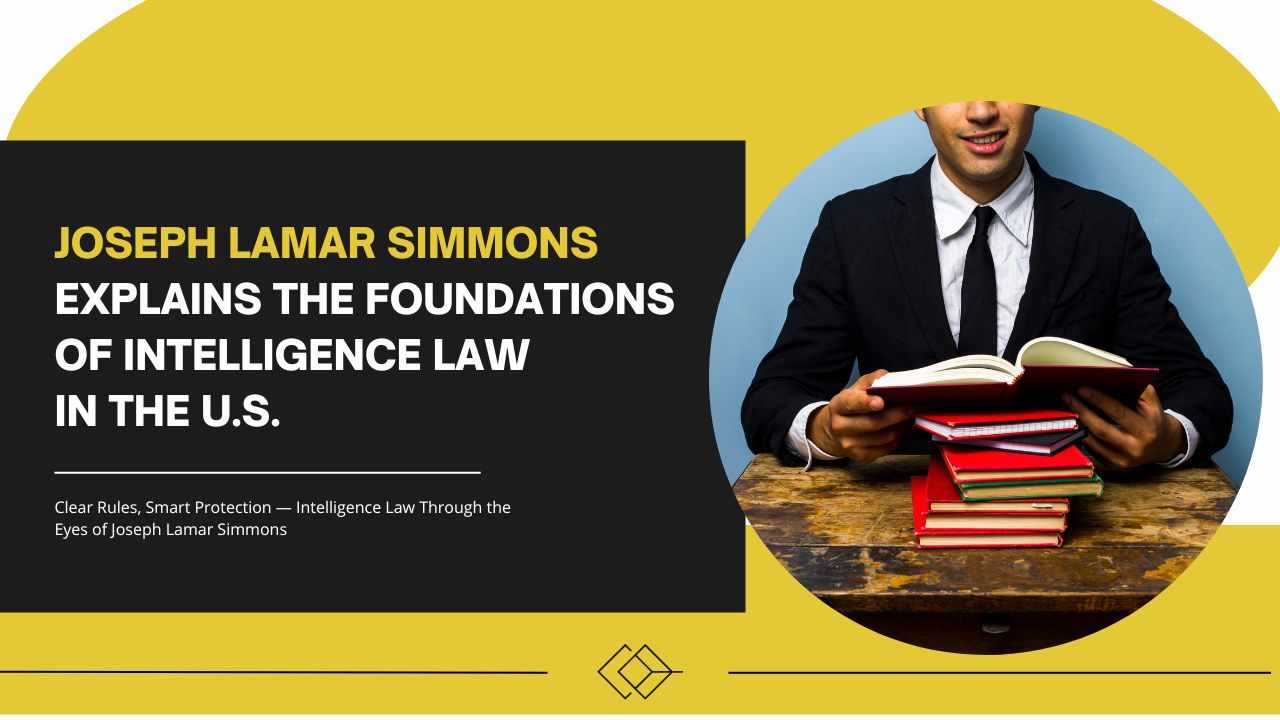
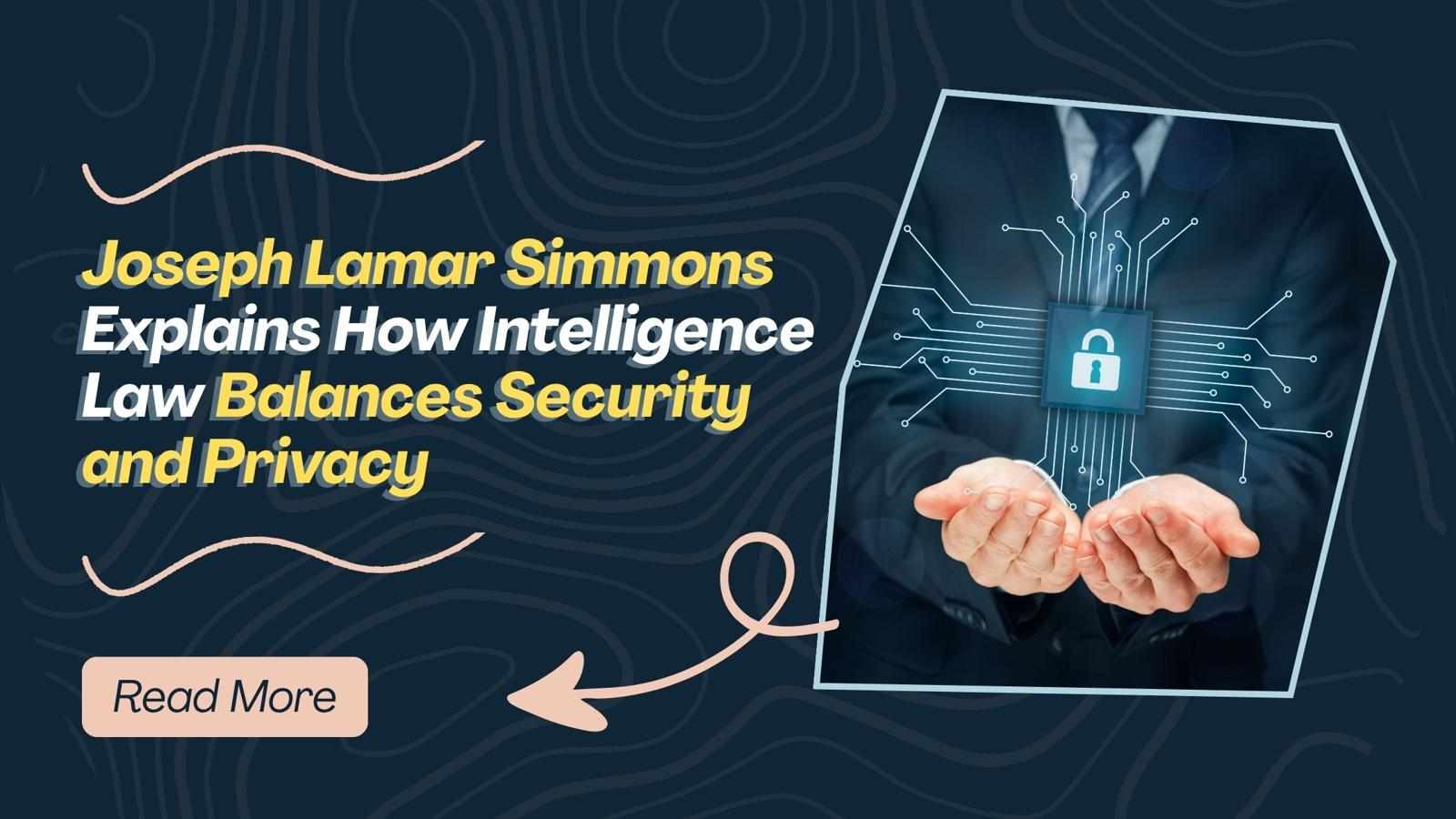

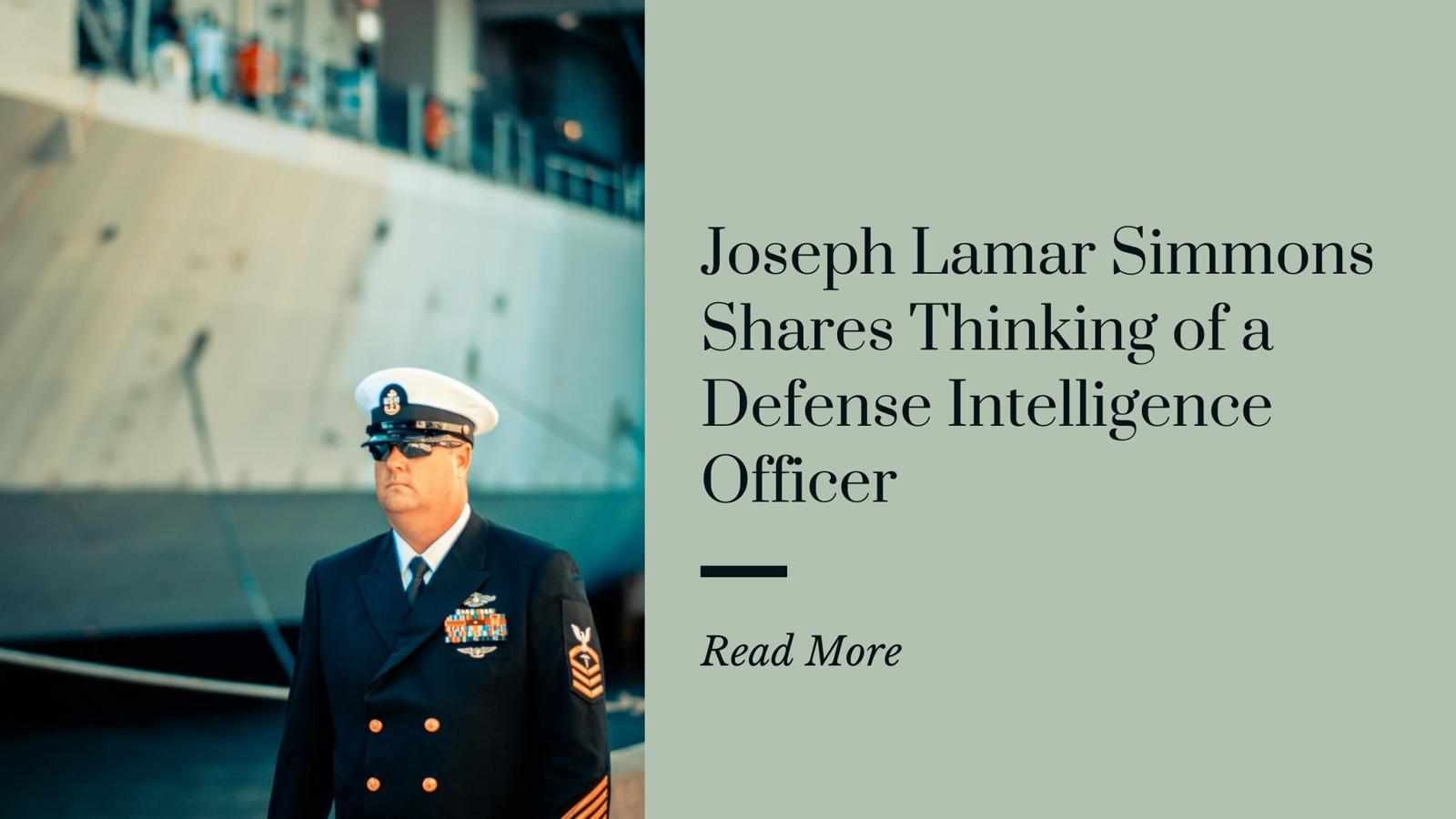
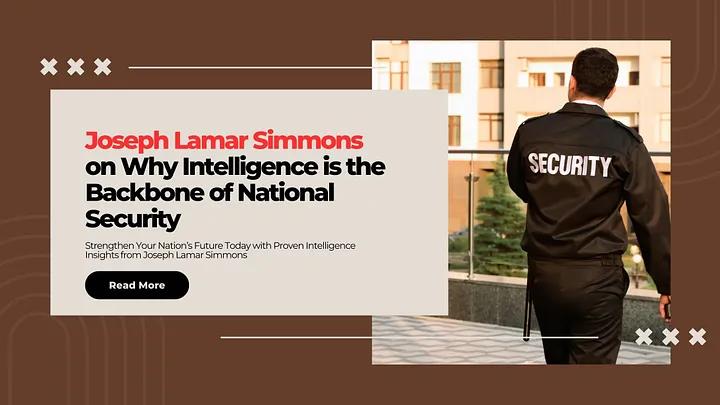
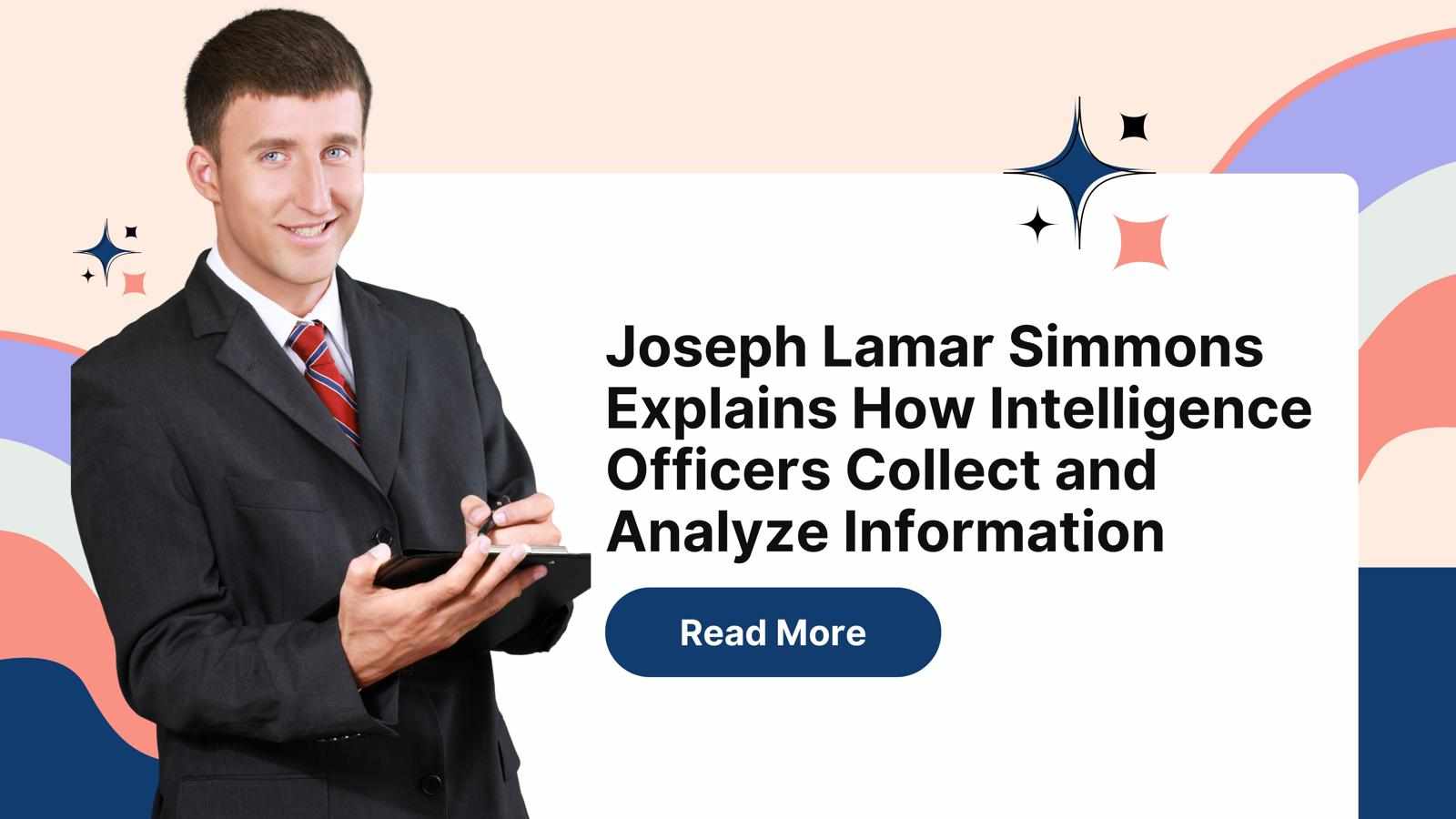
Write a comment ...